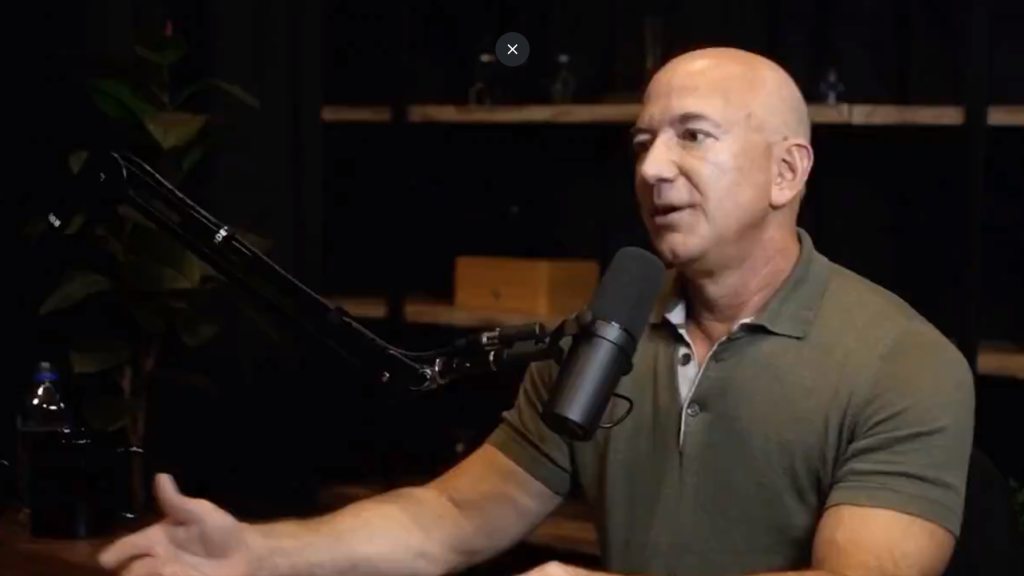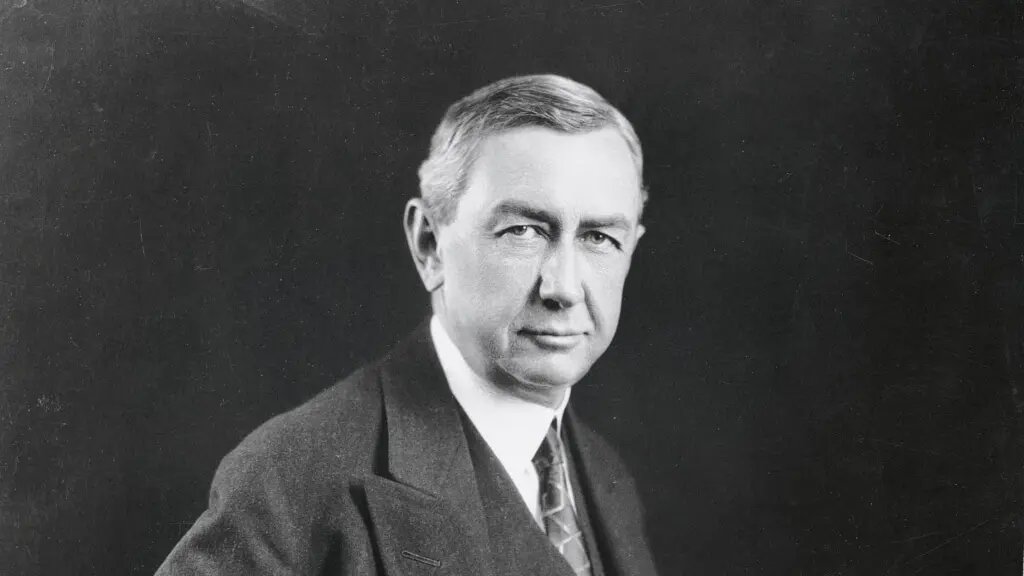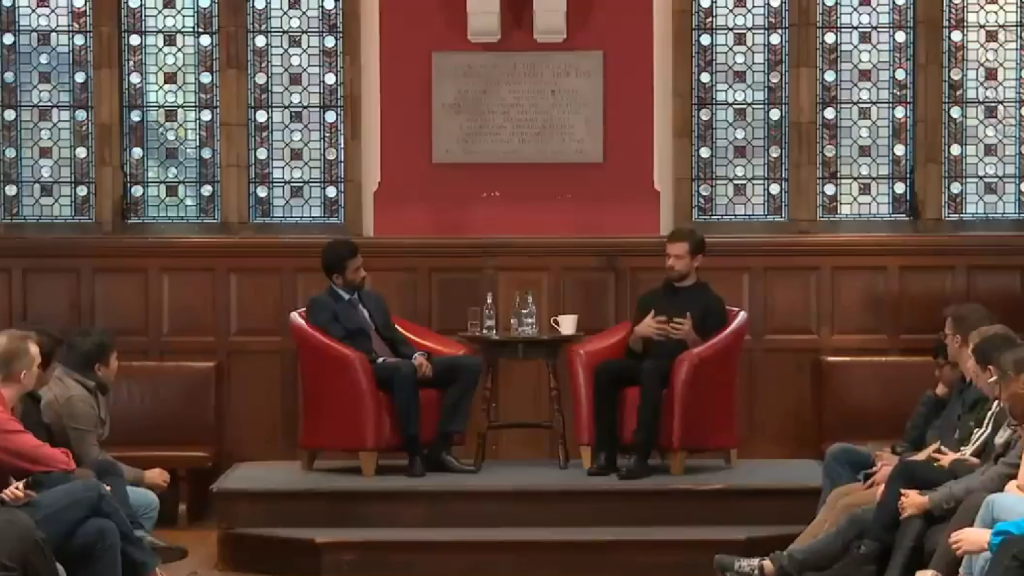“Disagree and commit is a really important principle that saves a lot of arguing.”
There will be disagreements in any endeavor in life where you have teammates.
“In society, and inside companies, we have a bunch of mechanisms we use to resolve disputes. And a lot of them are really bad. An example of a really bad way of coming to an agreement is compromise.”
He continues:
“The advantage of compromise as a resolution mechanism is that it’s low energy, but it doesn’t lead to truth… You shouldn’t allow compromise to be used when you can know the truth.”
Another bad resolution mechanism is the more stubborn person winning:
“You have two executives who disagree and they just have a war of attrition. And whichever one gets exhausted first, capitulates to the other one. Again you haven’t arrived at truth and it’s very demoralizing.”
Jeff tells people on his team to never get to a point where you’re resolving something by who gets exhausted first:
“Escalate that. I’ll help you make the decision.”
When making decisions, you want to get as close to the truth as possible:
“Exhausting the other person is not truth-seeking. And compromise is not truth-seeking.”
But there are a lot of cases where no one knows the real truth and that’s where “disagree and commit” comes in:
“Escalation is better than war of attrition. Escalate to your boss and say ‘we can’t agree on this. We like each other and respect each other, but we strongly disagree with each other and need you to make a decision so we can move forward.’ Decisiveness and moving forward on decisions as quickly as you responsibly can is how you increase velocity. Most of what slows things down is taking too long to make decisions.”
Companies tend to organize hierarchically in which the more senior person ultimately makes the decision. But as Jeff explains in the clip below, that wasn’t always the case—he would often be the one to disagree and commit:
“I would often say: ‘You know what, I don’t think you’re right. But I’m going to gamble with you and you’re closer to the ground truth than I am. I’ve known you for 20 years—you have great judgement. I don’t know that I’m right either—all of these decisions are complicated. Let’s do it your way.’ But at least then you’ve made a decision, and I’m agreeing to commit to that decision. I’m not going to be second guessing it. I’m not going to be sniping at it. I’m not going to be saying ‘I told you so.’ I’m going to actively try to make sure it works. That’s a really important teammate behavior.”





